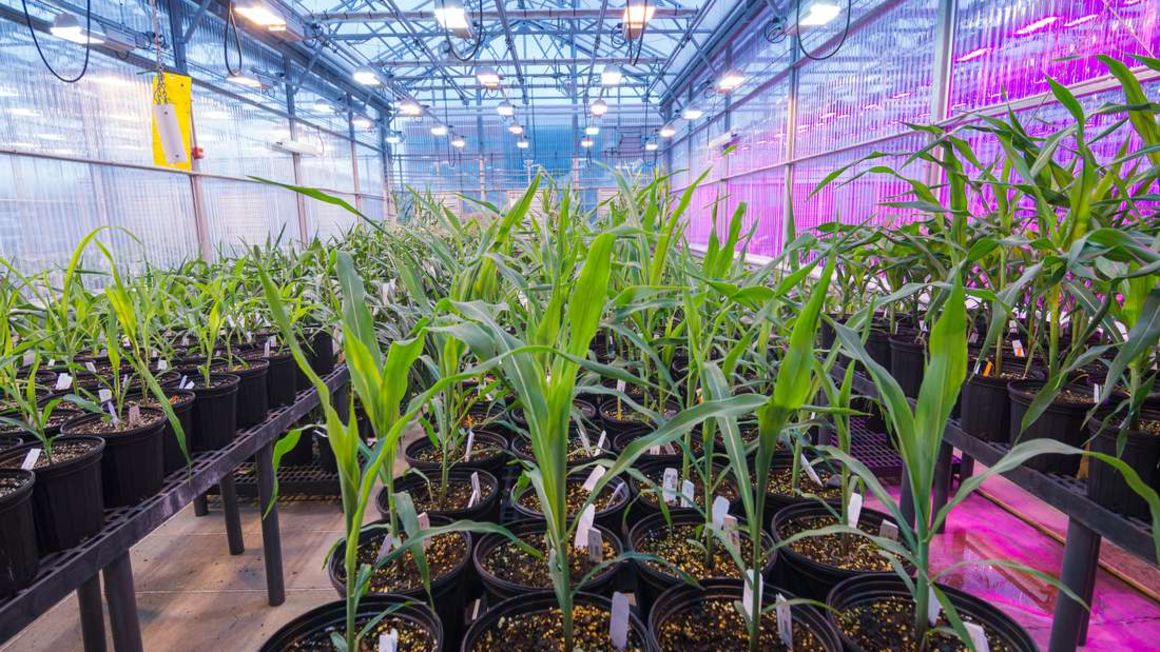
Agribusinesses are embracing precision agriculture to improve food production, lower production costs and increase efficiency. PHOTO | SHUTTERSTOCK
Summary
- With the shifting dynamics, farming businesses are banking on technology to beat Covid-19 woes and thrive going forward.
- Agribusinesses are also embracing precision agriculture — whose aim is to improve yields while reducing potential environmental risks — to improve food production, lower production costs and increase efficiency.
The Covid-19 pandemic has exposed the soft underbelly of agribusinesses in Africa on multiple levels.
Left behind digitally, the majority of agribusiness are now trying to catch up as customers and suppliers move to online sites amid the Covid-19’s restrictions.
With the shifting dynamics, farming businesses are banking on technology to beat Covid-19 woes and thrive going forward.
Latest Agribusiness in Unprecedented Times report by KPMG (tax and advisory firm services) and Alliance for a Green Revolution in Africa (AGRA) shows that 52 percent of agriculture enterprises now see technology as an indispensable tool in the fight against the pandemic’s challenges.
For larger and more sophisticated farmers, Zoom has been the main channel of choice during the pandemic.
“The use of technology has reduced the cost of delivering extension services and several of the companies we interviewed said they were unlikely to go back to their labour-intensive pre-Covid-19 business model,” says KPMG and AGRA in the report.
Agribusinesses, the study notes, are also embracing precision agriculture — whose aim is to improve yields while reducing potential environmental risks — to improve food production, lower production costs and increase efficiency.
“Survey respondents indicated that they use or would like to use soil analytic technologies, drones to move seeds and inspect fields, and predictive analytics to forecast weather patterns,” the study says.
“Precision agriculture is going to be more important to larger commercial operations and will eventually trickle down to the smallholder farmer but this will take time.”
The transformation, however, faces challenges such as lack of functional weather centres as well as regulations on GPS technologies usage.
The KPMG report, which was conducted in Kenya, Ghana, Ivory Coasts, Nigeria, Rwanda, Tanzania and Mozambique, involved 137 agribusinesses.
It adds that firms have been collecting large farmers data that include geospatial, demographic, production, marketing and payment to monitor trends, enable traceability of produce, information dissemination, customer assessment, among others.
Kenyan firm Twiga Foods, for instance, is able to use data to track changes in trends and make immediate decisions.
It monitors daily supplies to their urban vendors, and based on this information, are able to see in real time which vendors are struggling due to lack of capital and provide funding to them.
“Companies are using digital platforms for on-boarding farmers, managing sales, sharing information, providing payments and virtual training to farmers, monitoring stock levels and payments to suppliers among others,” it adds.
Similarly, in Rwanda, egg and meat consumers are requesting information on date and location of production online, prompting producers to introduce stamping.
Digital financial services, the report says, provides financial solutions to farmers where traditional “financial services were constrained due to infrastructure and economies of scale challenges”.
“One way to reduce barriers to effective usage of digital financial services could be reducing the cost of digital transactions and reach of mobile money,” it adds.
The report adds that e-commerce is an emerging channel for agricultural companies.
“This has currently not been exploited to its full potential but this channel is predicted to grow in relevance over the coming years,” it says.
Didas Mzirai, founder of Mucho Mangoes, which supports smallholder farmers, says agri-tech offers an opportunity for young people to utilise their tech-savviness to create solutions in the food value chain.
“We have seen many of Africa’s young people create technology-based solutions to address agricultural challenges. There is opportunity therefore to nurture youth entrepreneurs to develop much needed agri-tech solutions for the sector, across the entire value chain and in enabling sectors such as financial services,” he says.
The company, which is based in Taita Taveta County, markets and adds value to mangoes.
However, Covid-19 has posed tough challenges to the firm. Were it not for ActionAid financial assistance, Mr Mzirai reckons that the company would have wound up amid cash flow issues.
As a result, they reduced purchases of mangoes from smallholder farmers as their market too had reduced substantially.
The Nairobi-based Apollo Agriculture uses machine learning and automated operations technology to help farmers access what they need to increase their profitability, from financing and insurance, to farming products and optimised advice.
The Apollo team brings together technology and operations experience from The Climate Corporation, Tesla, and One Acre Fund. The investment allows Apollo to continue rapidly scaling by partnering with more farmers, expanding its product offerings, and growing its team.
The firm has already partnered with close to 25,000 farmers so far in 2020 with plans to enroll more under the programme.
There are, however, challenges that impact on technology and innovation including poor network connectivity that hinders innovation and technology adoption, lack of capital, among others.





No comments :
Post a Comment